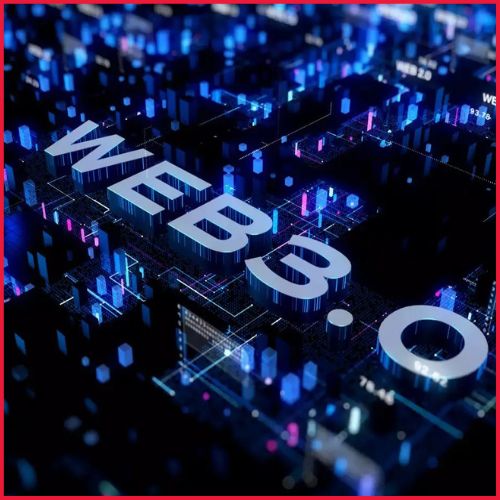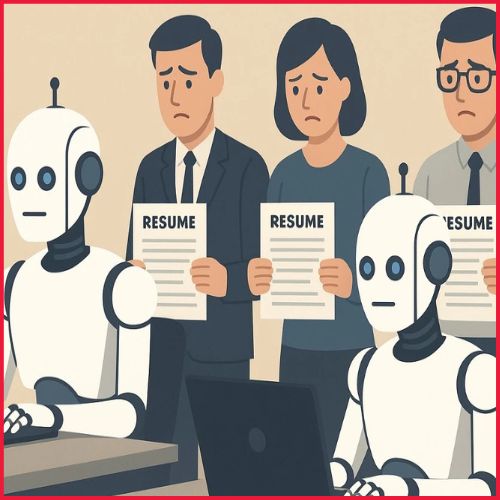Blockchain Technology on a Budget? It’s Not as Hard as You Think
Customers and regulators are demanding transparency up the chain as supply networks continue to get more sophisticated and intricate. In addition to numerous other advantages, blockchain technology is poised to provide the answer. Blockchain technology, which is centred on the visibility and accessibility of certain data, can assist supply chain executives in establishing and maintaining supply chain resilience in the future.
In the world of supply chains, transparency is key. Customers are expecting truthfulness, transparency, and responsibility about the origins of products, while businesses are working to manage intricate supply chains, keep prices under control, and reduce mistakes. The supply chain ecosystem now uses blockchain as a way to manage papers and contracts, untangle data, and conduct communication exchanges.
Describe Blockchain
Blockchain is a digital ledger and record of information that is cloud-based and allows for the recording and distribution of transactions across networks of computer systems. It is essentially a form of Distributed Ledger Technology (DLT), which functions as a decentralised database that is supervised by several members. It keeps track of stuff in a network of safe “blocks,” allowing other parties to upload data at any time and preserving all copies. By becoming a single repository for all shared information, the blockchain may now display real-time information and chronological modifications to any object.
What Advantages Does Blockchain Offer?
The advantages of blockchain are numerous and include:
Secure: All transactions are individually encrypted and are recorded in blocks.
Distributed – The ledger functions as a digital record that is available to a network of people, and each participant has access to and a copy of it.
Programmable – Allows you to build and use programmes, such as smart contracts.
Every transaction that is recorded on a block is timestamped, allowing for even greater transparency.
Immutable — Blockchain technology was created with strong security measures, making it impossible to change or undo confirmed records.
Applications in the blockchain industry
Many sectors are increasingly utilising the potent capabilities of blockchain technology, some of which are notorious for having the most complicated supply networks, regulatory requirements, and transparency requirements. Healthcare/pharmaceuticals, banking/finance, food/agriculture, tourism, oil, fashion, and jewellery are just a handful of the sectors that blockchain technology has the potential to disrupt.
Food Supply Chain: To connect the whole supply chain and promote more effective operations and tracking throughout, partnerships may be formed among farmers, suppliers, processors, distributors, and retailers in the food business. Increased efficiency and transparency in the food supply chain may be used to follow down food outbreaks and conserve inventory, which is now thrown away in large quantities.
Walmart, IMB, JD.com, and Tsinghua University have joined forces to study and maintain blockchain technology as well as control the production and shipping operations. Other significant businesses, including Nestle, Unilever, and Tyson Foods, are anticipated to join the joint venture as this initiative develops. By printing QR tags on wine bottles, other businesses have been able to restrict the manufacture of illicit wine. Customers may scan the codes to get complete supply information about their purchases. These initiatives are only the start of what may develop into a highly open method for buyers to obtain all product information for any item at the press of a button.
Applications in the blockchain industry
Many sectors are increasingly utilising the potent capabilities of blockchain technology, some of which are notorious for having the most complicated supply networks, regulatory requirements, and transparency requirements. Healthcare/pharmaceuticals, banking/finance, food/agriculture, tourism, oil, fashion, and jewellery are just a handful of the sectors that blockchain technology has the potential to disrupt.
Food Supply Chain: To connect the whole supply chain and promote more effective operations and tracking throughout, partnerships may be formed among farmers, suppliers, processors, distributors, and retailers in the food business. Increased efficiency and transparency in the food supply chain may be used to follow down food outbreaks and conserve inventory, which is now thrown away in large quantities.
Walmart, IMB, JD.com, and Tsinghua University have joined forces to study and maintain blockchain technology as well as control the production and shipping operations. Other significant businesses, including Nestle, Unilever, and Tyson Foods, are anticipated to join the joint venture as this initiative develops. By printing QR tags on wine bottles, other businesses have been able to restrict the manufacture of illicit wine. Customers may scan the codes to get complete supply information about their purchases. These initiatives are only the start of what may develop into a highly open method for buyers to obtain all product information for any item at the press of a button.
Supply chain for diamonds and jewellery: There are several issues with the diamond business, particularly concerning the working conditions. Diamonds are frequently mined in hazardous or cruel ways, and they may be used to fuel a variety of conflicts in the primary mining locations, particularly Africa. De Beers, the largest diamond manufacturer in the world, hopes that their “Tracr” blockchain supply chain programme can break this loop. Participants in this programme input images as well as details about the cut diamonds’ colour, clarity, and location. The program seeks to increase openness in the diamond business and aid in the suppression of unauthorised mining operations worldwide. A jewelry firm called Brilliant Earth is following this example by utilising blockchain to track, identify the origin, and assure the validity of its diamonds, gemstones, and other precious stones.
Every sign points to blockchain’s potential to revolutionise the supply chain. Early users of this technology are utilising it to manage and track their assets, control and audit their supply, track sales, enhance their digital identity, and improve operations through smart contracts. Although it is still in its infancy, blockchain has the potential to completely transform supply chain management. It is anticipated to grow quickly in the upcoming years, yet change takes time in such well-established processes and sectors. Blockchain can revolutionise the business by becoming the standard technology in supply chains with the integration of robots, automation, and machine learning.















